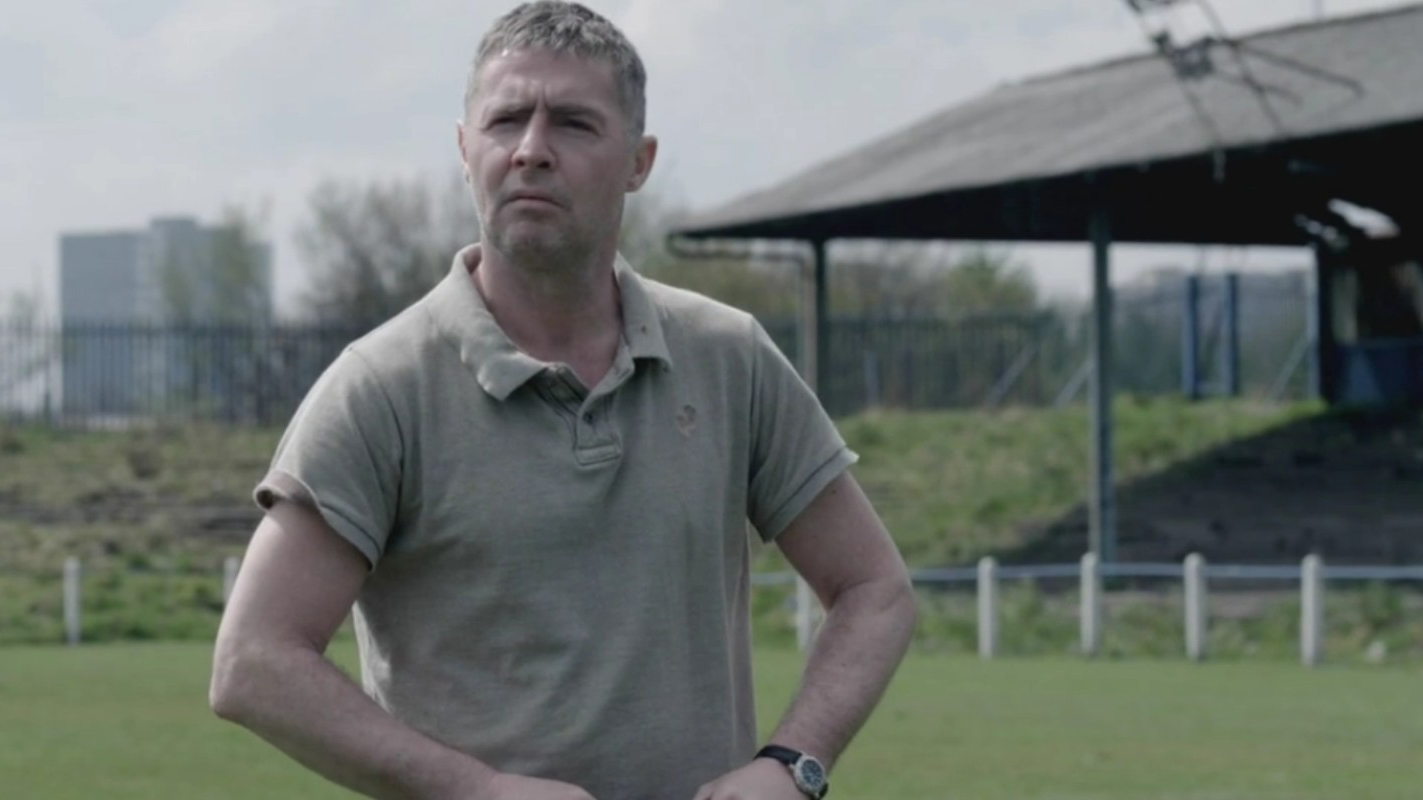Jonny Blair’s BAFTA winning The Groundsman is a profoundly powerful film about Keith, a Scottish football groundsman who discovers the club he’s been a part of and taking care of for thirty years is going out of business. Keith doesn’t take the news lightly and regardless of what anyone tells him is determined to maintain the stadium. Yet his attachment to the stadium is decidedly more symbolic and more significantly personal than one could have imagined.
Blair provides us with an especially intimate portrayal of Keith, flawlessly played by David O’Hara, following his solitary existence and habits from dusk to dawn. As the film progresses and we spend more time getting to know Keith, the more we realize the extent to his complexity. One of the challenges Blair faced during the making of this film was when O’Hara left the production of the film two weeks prior to filming to work on a big film in Los Angeles. Blair tells us “Luckily however, David decided it was in his best interest not to do that film and decided to do The Groundsman which I was ecstatic about.” There aren’t many films in which it’s easy to say they couldn’t have done it without him. But O’Hara’s performance is so peculiarly and perfectly intimate the character couldn’t have been done by anybody else.
In many ways the film reminds us how significant the role of sports can really be. Blair tells us “I thought it could be really interesting to combine the shy character with this world and exploring the people that these problems really effect. I also found that there was something really poetic about a man who looks after a stadium that has no team, that idea of not letting go of the past.” The game has its place in grounding individuals, often providing them with a place they can be a part of a unit, feel needed, and feel at home. But the fields themselves carry with them a certain sacredness that can act as a sanctuary for those who need it. When Keith was ripped of the stadium in effect he was ripped of the daily ritual that grounded him and kept him afloat when he needed it most. But in the end, the loss of the stadium allowed him to acknowledge and cope with an even greater loss he had kept inside.

 Jeanette Bonds
Jeanette Bonds